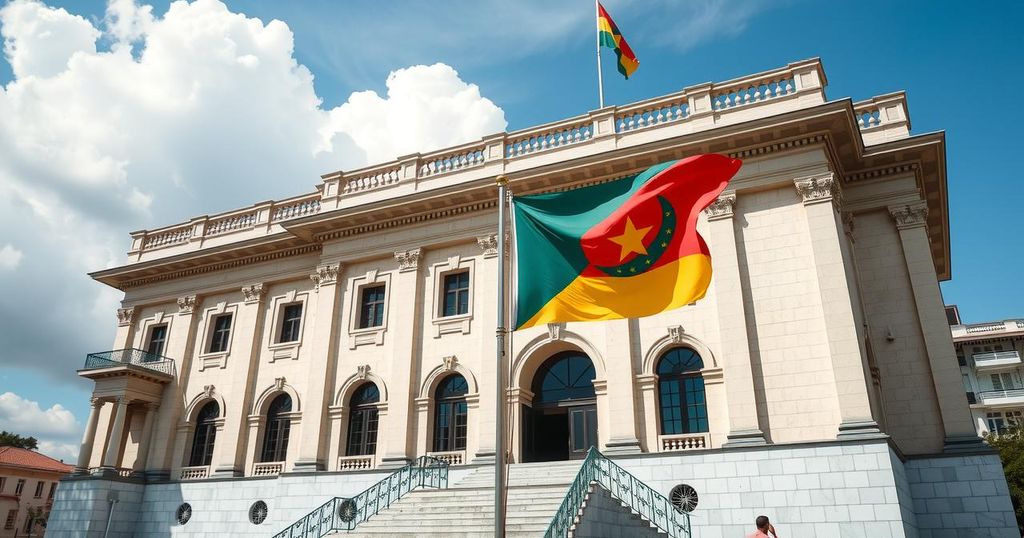Politics
2024 ELECTIONS, AFRICA, CONSTITUTIONAL COUNCIL, CORRUPTION, DANIEL CHAPO, DANIEL FRANCISCO CHAPO, DEMOCRACY, ELECTIONS, EUROPE/ASIA, FRELIMO, FRELIMO PARTY, GOVERNANCE, LUCIA RIBEIRO, MAPUTO, MOZAMBIQUE, NATIONAL ELECTION COMMISSION, OF, OPPOSITION, OPTIMIST PARTY FOR THE DEVELOPMENT OF MOZAMBIQUE, REPUBLIC OF MOZAMBIQUE, RIBEIRO, TURKEY
Fatima Khan
0 Comments
Mozambique’s Supreme Court Confirms Frelimo Party Victory Amid Ongoing Protests
Mozambique’s highest court confirmed the election of Daniel Chapo from the ruling Frelimo Party amid protests and allegations of fraud. Chapo won with 65.17% of the vote, while opposition leader Venâncio Mondlane received 24.29%. Protests have resulted in at least 130 deaths, with continued unrest expected due to dissatisfaction with the electoral process.
Mozambique’s Supreme Court has confirmed the election outcome favoring the ruling Frelimo Party, led by Daniel Chapo, despite significant allegations of vote manipulation. Following a turbulent electoral process that incited nearly two months of protests, resulting in over 130 fatalities, the Constitutional Council acknowledged certain irregularities yet maintained that these did not notably alter the election results, with Chapo securing 65.17% of votes against opposition leader Venâncio Mondlane’s 24.29%. Frelimo also retained a parliamentary majority and all ten provincial governorships.
President-elect Daniel Chapo, responding to the crisis, pledged to prioritize all citizens’ interests and initiate crucial electoral reforms to enhance democratic participation. In the aftermath of the court’s ruling, Mondlane has called for ongoing protests against the election results, citing extensive fraud, which has further polarized the nation. Human rights groups report a severe crackdown on dissent, with significant arrests of protesters and violent clashes with law enforcement.
While Chapo’s readiness to reform the electoral system has been noted, critics argue that the court’s decision perpetuates existing tensions rather than resolving them, risking increased unrest in the country as opposition parties continue to reject the legitimacy of the electoral process.
The political landscape in Mozambique has been dominated by the Frelimo Party, which has held power for nearly five decades. The recent elections held on October 9, 2024, were marred by allegations of widespread irregularities and manipulation, leading to significant public unrest and violent protests. The Constitutional Council’s ruling, which upheld the election results, has been met with skepticism from opposition parties and civil society, highlighting the ongoing struggles for democratic governance in the country. The situation reflects broader concerns about political representation and the integrity of electoral processes in Mozambique.
The affirmation of Frelimo’s electoral victory by Mozambique’s highest court has sparked a continuation of protests and unrest, reflecting deep divisions within the country. Despite President Chapo’s commitment to reform and reconciliation, opposition leaders and human rights activists express grave concerns regarding the legitimacy of the electoral process and the potential for further violence. The coming weeks will be crucial in determining whether dialogues can commence to address the discontent and foster a more inclusive political environment in Mozambique.
Original Source: www.voanews.com




Post Comment